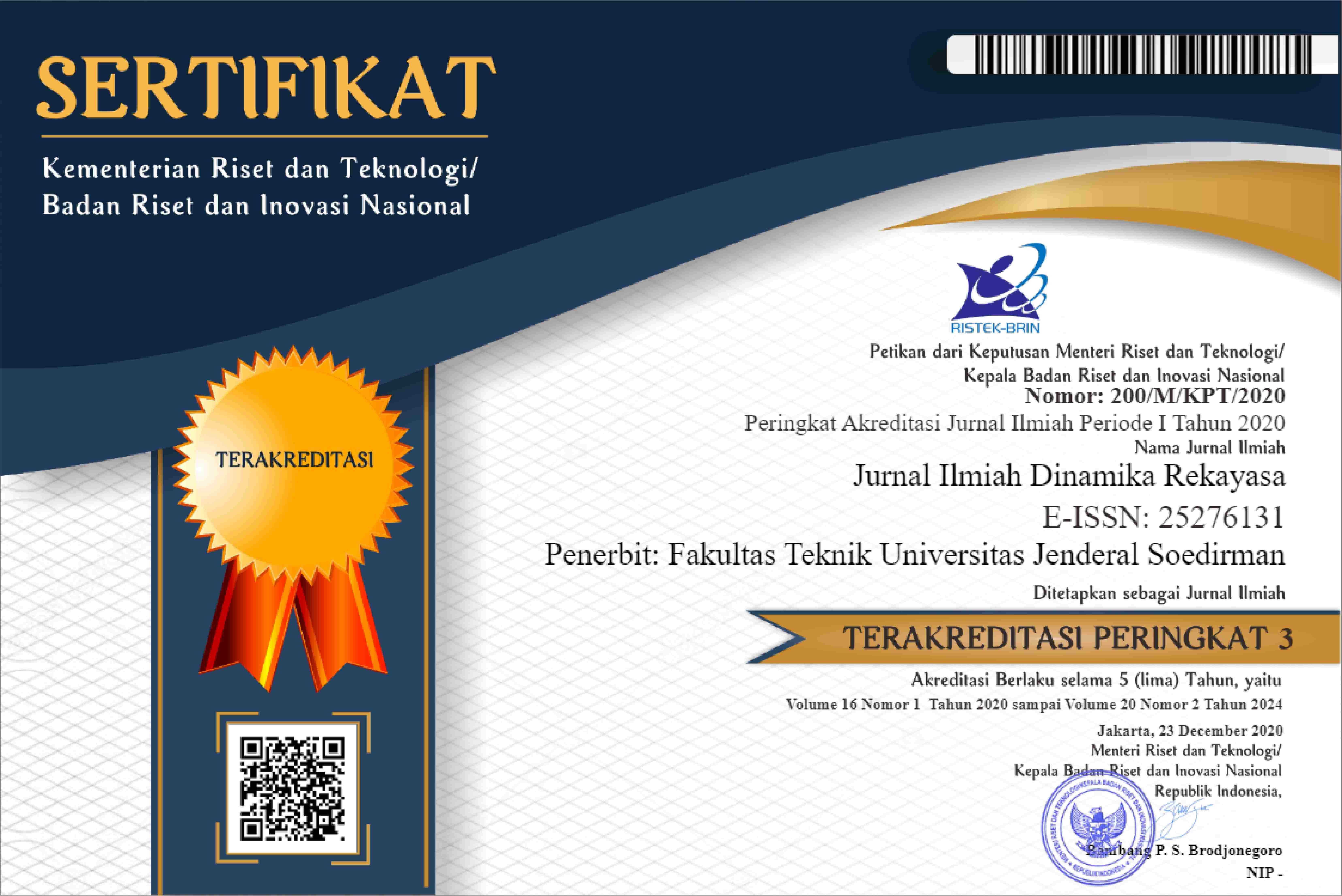The Effect In-memory Based Cache System On Web Applications In Improving Data Access Performance
DOI:
https://doi.org/10.20884/1.jidr.2025.21.2.12Keywords:
web application, cache, cache replacement, RDBMS, IMDB, RedisAbstract
In the digital era, the number of internet users continues to grow, with internet penetration in Indonesia reaching 79.5% in 2024. Along with this growth, website performance becomes a crucial factor in providing an optimal user experience. Slow response times and high server loads can lead to decreased user satisfaction. One solution to improve web application performance is the implementation of caching systems, which temporarily store data to speed up access and reduce server load. Relational databases (RDBMS) are still commonly used, but they have limitations in access speed due to hard disk-based storage. As an alternative, In-Memory Databases (IMDB) such as Redis offer higher access speeds by storing data directly in RAM. Effective cache management requires the right strategy to determine which data should be retained or removed when memory is full. Several popular cache replacement algorithms include Least Recently Used (LRU), Least Frequently Used (LFU), Random Replacement, and First In First Out (FIFO), each with its own advantages. This research aims to analyze the impact of IMDB-based caching systems on improving data access performance in web applications and to provide insights for developers in selecting the optimal caching technology and strategy.







